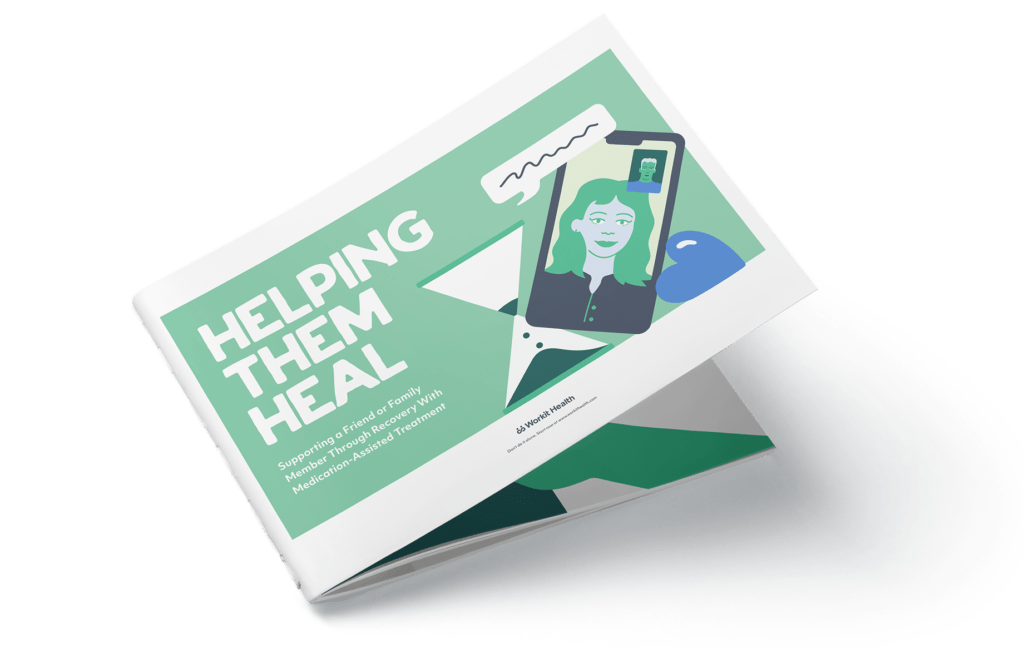More often than not, those battling a substance use disorder lose things along the way. One of the most common losses and one of the most difficult to regain is the loss of trust of loved ones.
The reality is that often the people closest to us are hurt as a result of our drinking or using. We may have said or done things to make them lose faith in us time and time again until our promises just became empty words with no action taken. After this happens, and we make the choice to get sober and better our lives, it still takes time to build up trust and repair any wrongdoings.
As you start this process, you’ll likely find that some relationships may be easier to repair than others. The important thing to remember is that regaining trust is possible, as long as you are realistic with yourself and recognize that it takes time, honesty and patience. Here are a few tips for the process.
1. Focus on your actions. Actions are the most important thing when it comes to rebuilding trust. You can say something 1,000 times, but without the action that aligns with it, it means nothing. The truth is that the people in your life have probably heard you make certain promises over and over, only to have them broken. They aren’t used to seeing the actions put into play, so they may be doubtful at first. At the beginning, don’t worry about vocalizing those promises to them. Just focus on your behavior and pay attention to how that speaks to your loved ones instead. When they see you actually living out what you’ve said time and time again, they will likely start to realize you are serious about this life change. The important promises and conversations will follow.
2. Make yourself available for communication and discussion. Over time while drinking, you’ve probably hurt some of the people closest to you. You may not remember doing so, or may not think it was anything significant, but to them it may have been. So rather than brush it off, make it known that you are willing to talk about what has happened in the past. Having an open line for communication and being willing to admit you were in the wrong is vital when trying to rebuild a relationship. More often than not, you may have to make the first move and be the one to reach out with an apology. This means being willing to put pride aside and admit to mistakes. In some cases, being willing to communicate may even mean attending therapy with family members and letting someone else mediate the conversation. Though this may sound like an uncomfortable experience, it’s important to be open to the possibility that it could be just what everyone needs.
3. Work on forgiving yourself. Before you can expect others to forgive you for your past actions, you need to forgive yourself. When you cling to shame and want to hide from a past version of yourself, you are less likely to confront the things that were an issue in your life. Rather than brush those things aside, make a list of them and acknowledge that you were a different person at that point. Then let them go and focus on this new version of yourself. You have to have compassion for yourself in order to expect others to do the same. If you are still living in the past and dwelling on that version of yourself, that is the version the people in your life will see, too. Work on being confident in the new you and try to radiate that to the people in your life so that is the person they also see.
4. Be patient and trust the process. Every person is different and will respond differently when you’re trying to repair a relationship. One person may forgive you immediately and trust you again, while another may be more hesitant. And truthfully, you can’t blame them for that. Instead of getting frustrated or feeling like they should be moving at a different pace, remind yourself that you put them through something that both hurt them and made them stop trusting you. That’s not a switch that can be flipped in two seconds. Some people need time to see you living out the actions that align with your words, then they may start to come around. And even still, some people may never come fully around. It’s important to prepare yourself for that possibility as well and realize that there is nothing you can do besides continue to prove yourself.
5. Let down your guard. Regaining the trust of the people you love requires you to be open and vulnerable. If you have walls up or are often defensive, it may be more difficult for them to see that you are trying to change. Despite how uncomfortable it may be to admit your wrongdoings and talk about them at length, it’s likely healing for both you and the others involved in the situation. It allows them to feel seen and heard when you are willing to view a situation from their perspective and respond accordingly. When people don’t feel as if their thoughts and words are being taken in, they become less likely to open up and share those feelings, which makes it difficult to maintain a relationship. Especially one with trust. You have to be open to the uncomfortable discussions in order to grow and move forward.
Regaining trust is a process. It’s vital to know this going in, so that your expectations are realistic and you aren’t disappointed if someone doesn’t respond exactly as you’d hoped. The people in your life will take different amounts of time and different methods to come around to trusting you again, and the more prepared you are for that, the more smoothly the process will go.





